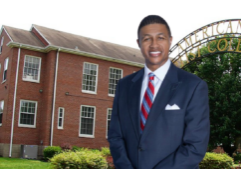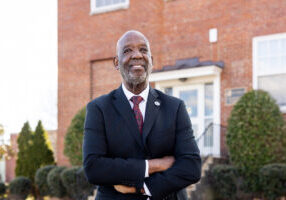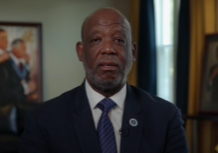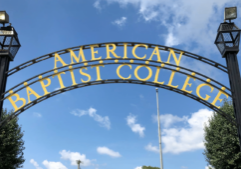This month, the nation turns to honoring Black Americans for their achievements. Initially, it was one week and now it’s a month. The person to thank for Black History Month, Dr. Carter G. Woodson (1875-1950) dedicated his life to educating the nation, particularly African Americans about the achievements and contributions of their ancestors. Woodson understood the value of history. As Columbia University American Historian, Carl Lotus Becker says, “the value of history is, indeed, not scientific but moral: by liberating the mind, by deepening the sympathies, by fortifying the will, it enables us to control, not society, but ourselves- much more important; it prepares us to live more.” Unfortunately, if we are not attentive, the value of black history will be lost to the mind and shaping of future generations. Sadly, many school districts, text books, and boards of education pay little or no attention to the full story of the African American experience. Let this not be true of Historically Black Colleges and Universities. The mother lode of black history is more than one month can celebrate or educate. The truth about African Americans remains largely untaught and thus unknown.
Dr. Marvin McMickle, March 2020 speaker for American Baptist College’s Garnett Nabrit Lecture Series, says “when done properly, Black History Month does not begin with slavery in this country. Instead it begins with the great African civilizations that thrived in the centuries before Europeans first began trafficking in human lives. It is a time to remember the presence of and contributions of African people in antiquity, including African presence in the Bible.” The month of February is the birth month of both Abraham Lincoln who issued the Emancipation Proclamation and Frederick Douglass who was an escaped slave who worked tirelessly for the abolition of slavery and who also recruited black men to enlist in the Union army and fight for the final eradication of slavery. There are a great many people, black and white, who have no awareness of the ways in which their daily lives have been shaped and impacted by the inventions, creations, and contributions of African Americans. Black History month is a time to remember that is an African diaspora that has seen people of African ancestry migrate and populate places all over the world. The full story about advances in medicine, literature, music, science, athletics, politics, journalism, law, theology, mechanical engineering, and banking cannot be fully told without references to the contributions of African Americans. We know about George Washington, but not about George Washington Carver. We know about William Shakespeare, but not about Langston Hughes, Paul Lawrence Dunbar and Phyllis Wheatley. Black history should be more intentionally woven into the standard curriculum of every school district in this country. Let’s all agree this month to watch one black history documentary special, attend one stage production, read one book, go to hear one lecture, or ask one elderly black person what changes they have seen in this country during their lifetime. You will be surprised what you discover about this country and all the people who helped to build it.
Forrest E. Harris, Sr.
President
American Baptist College










